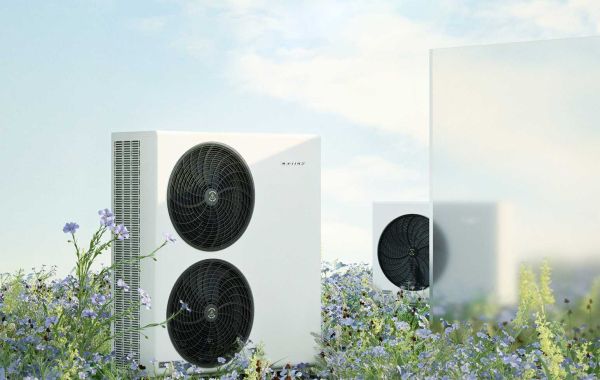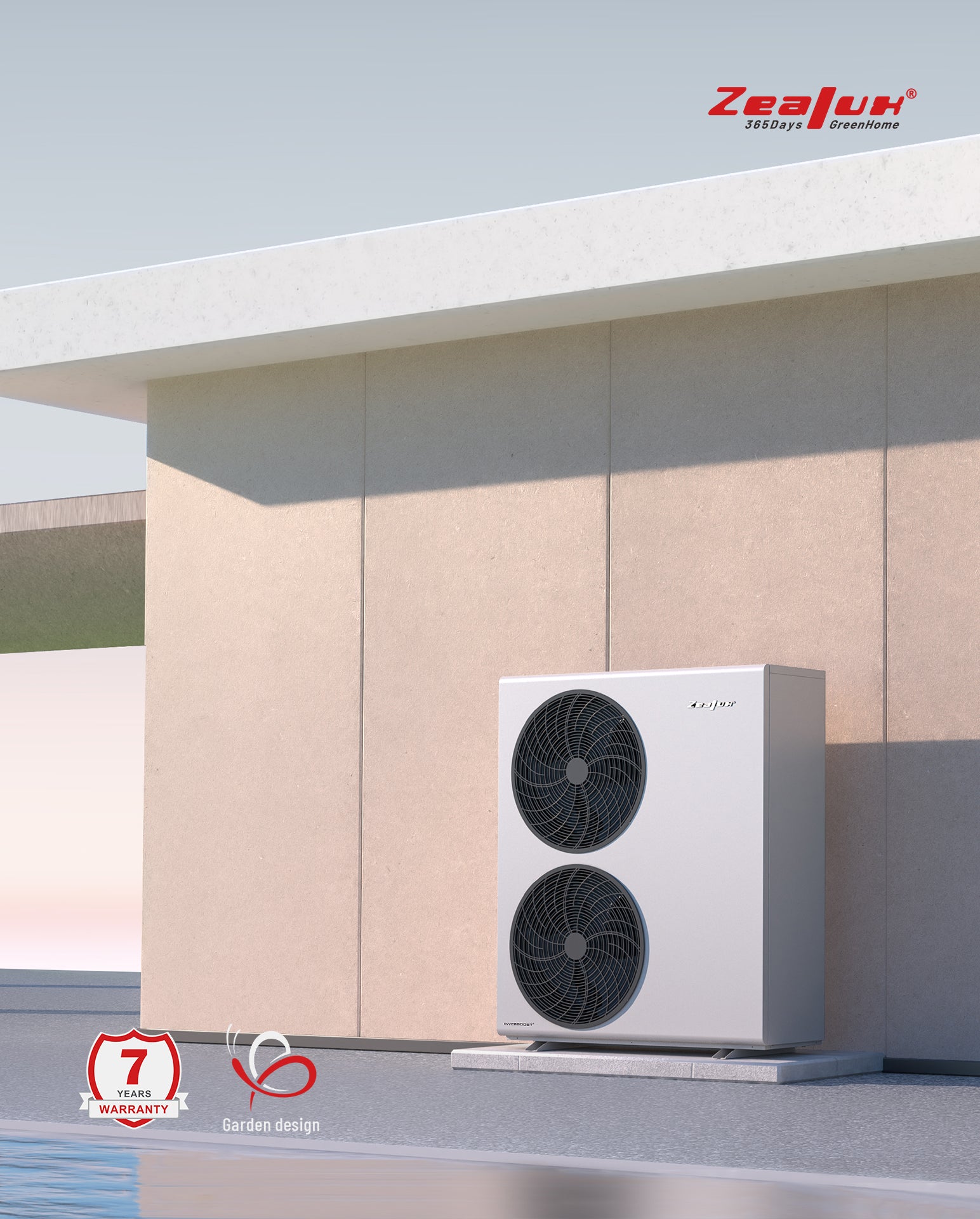As the seasons shift, so too can our susceptibility to illness. Whether it's the common cold, the flu, or seasonal allergies, many of us find ourselves reaching for tissues and cough drops when the weather starts to change. But why does this happen, and more importantly, how can we prevent it? In this article, we'll delve into the science behind the connection between seasonal changes and illness and explore some proven strategies for staying healthy year-round.
Understanding the Seasonal Shift
Before we can understand why seasonal changes impact our health, it's important to recognize the multifaceted role that weather plays in our body's immune response. Our immune system is finely tuned to respond to changes in our environment, and fluctuations in temperature, humidity, and air quality can all influence its function. During transitions between seasons, these environmental factors can create an environment that challenges our immune defenses. For example, colder temperatures can cause blood vessels in the nose and throat to constrict, making it easier for viruses to invade and replicate. Similarly, lower humidity levels can dry out mucous membranes, reducing their ability to trap and expel pathogens. Additionally, seasonal changes can also lead to an increase in the circulation of certain viruses, such as the flu virus, as people spend more time indoors in close proximity to one another. This combination of factors makes us more susceptible to illness during seasonal transitions, highlighting the importance of taking proactive steps to protect our health.
The Role of Immune Response
Our immune system is a marvel of biological defense, tirelessly working to protect us from a myriad of pathogens each day. However, its effectiveness can be significantly influenced by external factors, including changes in weather patterns. Cold weather, for instance, has been shown to impact our immune system in various ways. Research indicates that exposure to colder temperatures can suppress certain aspects of immune function, particularly the activity of immune cells tasked with fighting off respiratory infections. This suppression may stem from the constriction of blood vessels in the respiratory tract, which can limit the flow of immune cells to sites of infection. Furthermore, cold weather can also dampen the production of antiviral proteins that help to combat invading pathogens, leaving us more vulnerable to respiratory viruses like the common cold and influenza.
In addition to the effects of cold weather, seasonal transitions often coincide with heightened levels of airborne allergens, such as pollen, mold, and dust mites. For individuals prone to allergies, exposure to these allergens can trigger immune responses that lead to a range of symptoms, including sneezing, coughing, and congestion. When allergens are inhaled or come i nto contact with mucous membranes, the immune system perceives them as threats and mounts an inflammatory response to neutralize them. This response involves the release of histamine and other chemicals that cause blood vessels to dilate, increase mucous production, and stimulate nerve endings, resulting in the characteristic symptoms of allergic rhinitis (hay fever). While these immune responses are intended to protect the body from harm, they can also contribute to discomfort and reduced quality of life for allergy sufferers during seasonal transitions.
Overall, the interplay between our immune system and external factors such as weather patterns underscores the importance of taking proactive measures to support immune health and minimize the risk of illness during seasonal changes. By understanding how these factors influence our susceptibility to infection and allergic reactions, we can better equip ourselves to stay healthy and thrive in any season.
air to water heat pump manufacturers
Proven Strategies for Prevention
While we may not be able to control the weather, there are several steps we can take to minimize our risk of illness during seasonal transitions. Here are some proven strategies for prevention:
Maintain Good Hygiene: One of the most effective ways to prevent the spread of illness is to practice good hygiene habits. This includes washing your hands frequently with soap and water, covering your mouth and nose when you cough or sneeze, and avoiding close contact with sick individuals.
Boost Your Immunity: Supporting your immune system through a healthy diet, regular exercise, and adequate sleep can help strengthen your body's defenses against illness. Incorporating immune-boosting foods such as fruits, vegetables, and whole grains into your diet can provide essential vitamins and minerals that support immune function.
Stay Active: Regular physical activity has been shown to enhance immune function and reduce the risk of respiratory infections. Aim for at least 30 minutes of moderate exercise most days of the week to keep your immune system strong.
Get Vaccinated: Vaccines are one of the most effective ways to prevent certain seasonal illnesses, such as the flu. Talk to your healthcare provider about which vaccines are recommended for you and your family members, and make sure to stay up-to-date on your immunizations.
Manage Stress: Chronic stress can weaken the immune system and increase the risk of illness. Practice stress-reducing techniques such as meditation, deep breathing exercises, and yoga to help keep your immune system functioning optimally.
Protect Against Allergens: If you suffer from seasonal allergies, take steps to minimize your exposure to allergens such as pollen, mold, and dust mites. Keep windows closed during high pollen seasons, use air purifiers indoors, and consider wearing a mask when doing outdoor activities.
Create a Cozy Environment: Maintaining a warm and comfortable indoor environment can help support overall well-being during seasonal transitions. Consider investing in an Air Source Heat Pump, which efficiently heats and cools your home by extracting heat from the air outside and transferring it indoors during colder months, and vice versa during warmer months. This can help regulate indoor temperatures and create a cozy atmosphere that promotes relaxation and immune health. If you are interested, please feel free to contact Zealux heat pump supplier.
Stay Hydrated: Drinking plenty of fluids helps keep your mucous membranes moist, which can help prevent respiratory infections. Aim to drink at least 8 glasses of water per day, and avoid excessive consumption of caffeinated or sugary beverages, which can dehydrate the body.
By incorporating these proven strategies into your daily routine, you can help reduce your risk of illness and stay healthy no matter what the season. Remember that prevention is always the best medicine, so take proactive steps to protect yourself and your loved ones from seasonal sickness.
Conclusion
Seasonal changes can have a profound impact on our health, but by understanding the link between weather patterns and illness, and taking proactive steps to prevent infection, we can minimize our risk and stay healthy year-round. By practicing good hygiene, supporting our immune system, and taking precautions to avoid allergens and infectious agents, we can enjoy the changing seasons without falling victim to seasonal sickness. So, the next time you feel a tickle in your throat or a sniffle coming on, remember these proven strategies for prevention and take control of your health. Consider reaching out to leading heat pump manufacturers to explore options for maintaining a comfortable indoor environment throughout the year with an efficient heat pump system.
tag: swimming pool heat pump , pool heat pumps , above ground pool heat pump , hersteller für wärmepumpen , wärmepumpen produzenten, luft wärmepumpe anbieter, wärmepumpe deutsche hersteller, beste wärmepumpe marke, führende wärmepumpenhersteller, wärmepumpen hersteller liste








